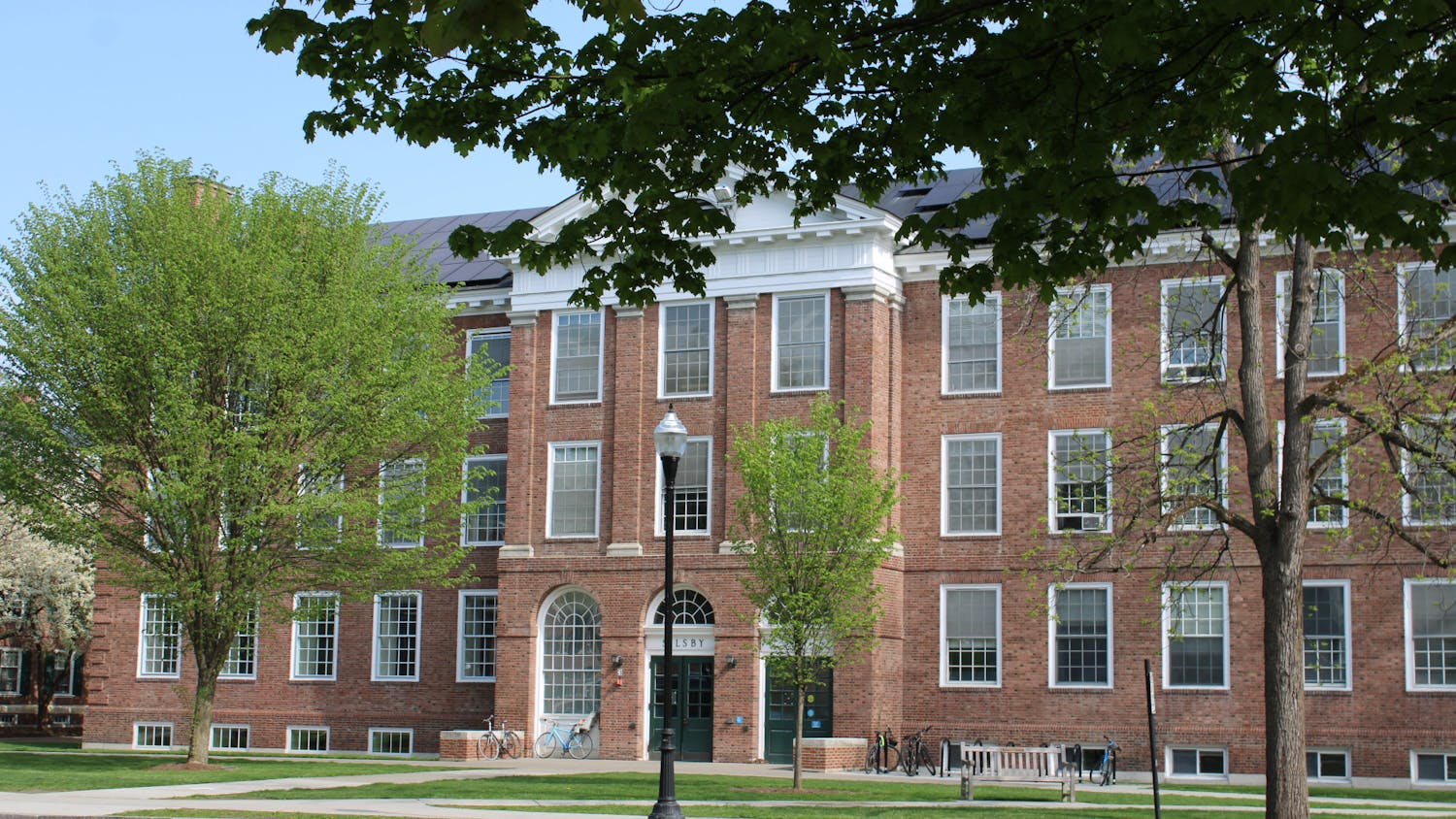Three Dartmouth economics majors attended the Carroll Round last weekend, a conference on international economics held at Georgetown University. At the conference, Evgeniya Petrova '06, Austin Vedder '06 and Dan Kurland '06 presented papers they had written in their international economics seminar taught by professor Nancy Marion.
The purpose of the conference was "to foster the exchange of ideas among the leading undergraduate international economics students by encouraging and supporting the pursuit of scholarly innovation in the field," according to the conference's website.
Having sent five students last year, the College was again well represented, claiming the second highest number of the conference's 50 participants. Georgetown was the only institution with more.
The students were nominated by Marion to attend the conference because of the quality of their papers, academic record and interest in economics.
"It's great that the economics department took the initiative and put us in contact with [the conference]," Petrova said, whose paper investigated stock market performance in countries joining the European Union. "I think it should be, in the future, more advertised."
In their papers, the students argued original theses based on data researched and analyzed at Baker-Berry Library.
"I think these students really learn economics in a different way when they have this hands-on experience of collecting data, testing hypothesis," Marion said. "It gives them a chance to experience what economists actually do, how they think about problems and how they analyze problems."
At the conference, students were divided into panels and then presented the key points of their papers to seven fellow students and a faculty member. After each presentation, another student would respond with a critique, followed by a reply from the paper's author.
Petrova said she appreciated the opportunity to learn from the criticism she received. The faculty participants "tend to be rather harsh," she said.
The format provided students with the chance to engage in the research of undergraduates from across the country.
"It was very interesting. There's a lot of high quality work that undergraduates are doing," said Kurland, whose paper examined what determines the amount of stock trade between countries.
Kurland said he also enjoyed experiencing the work of an economist, undertaking research in his own interests and presenting his findings. Marion expressed hope that this opportunity might encourage more students to pursue careers in economics.
"I think as a result some might start to think more seriously about doing Ph.D. programs in economics," she said.
While none of the three students has immediate plans for further education in economics studies, Vedder, whose paper investigated the effect of immigration on growth in Texas, said he would consider studying for a doctorate degree sometime in the future.
Students also had the opportunity to talk with, and attend lectures by, distinguished economics professors and policy makers.
Vedder praised Thomas Schelling, the 2005 Nobel Laureate in economics, for his lecture on the relationship between economics and environmental issues. Kemal Dervis, the head of the United Nations Development Program, also spoke at the conference, delivering one of the conference's primary lectures.
The three Dartmouth representatives were hoping to visit the Federal Reserve Board, but were unable to when one of the Board Governors resigned while they were there.
"They were in crisis mode all day and didn't allow any visitors," Vedder said.
The conference ran from April 27-30 and all Dartmouth student expenses were paid for by the Carroll Round and the Nelson A. Rockefeller Center. The conference also accepted a fourth student from Dartmouth, Matt Slaine '06, who was unable to attend. Slaine is also a business manager emeritus of The Dartmouth.



